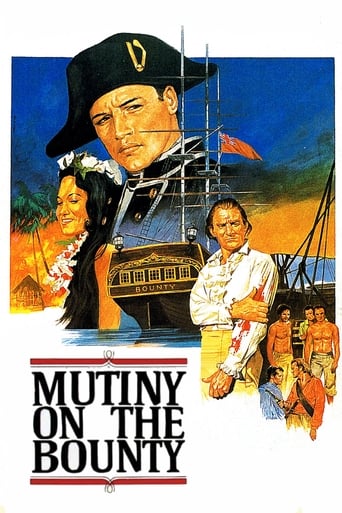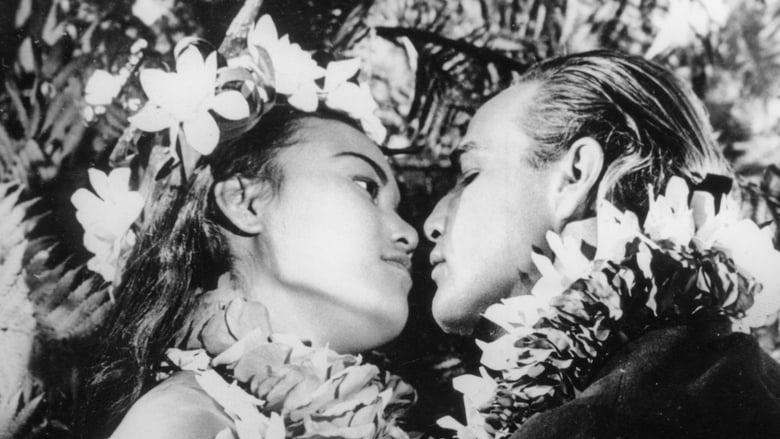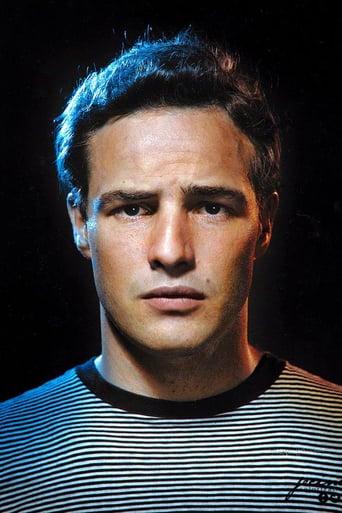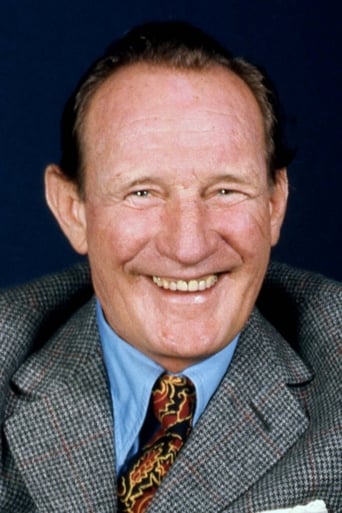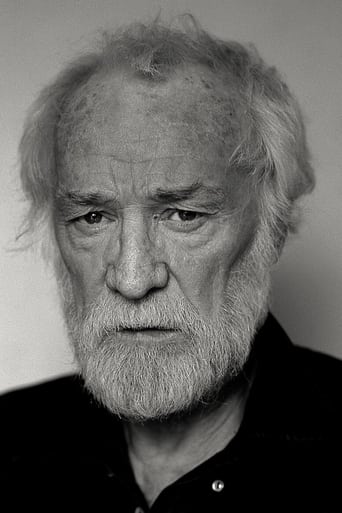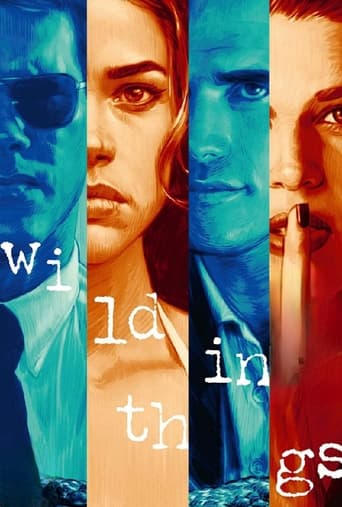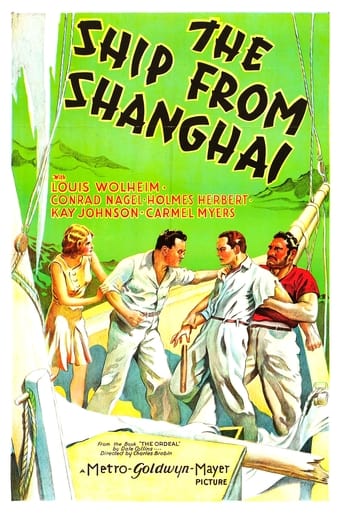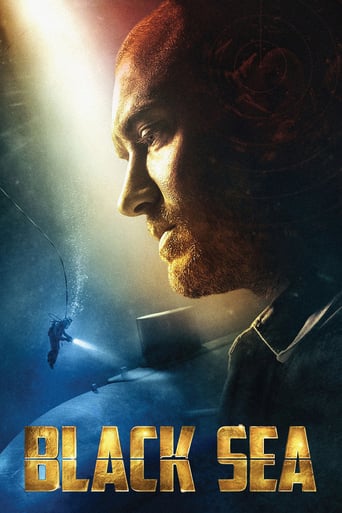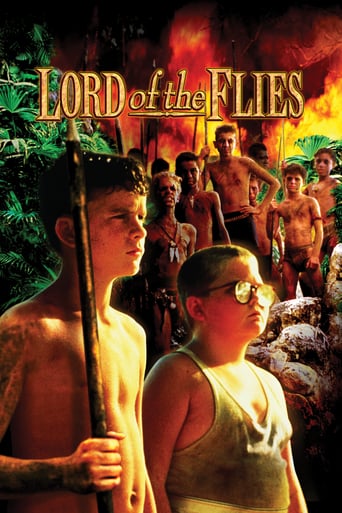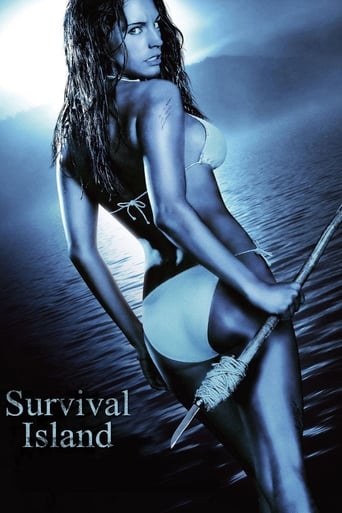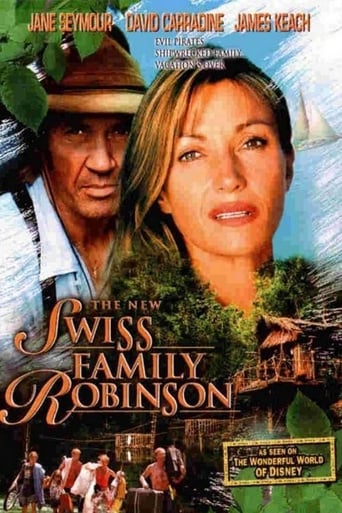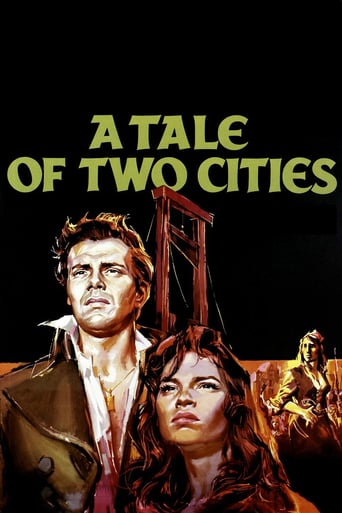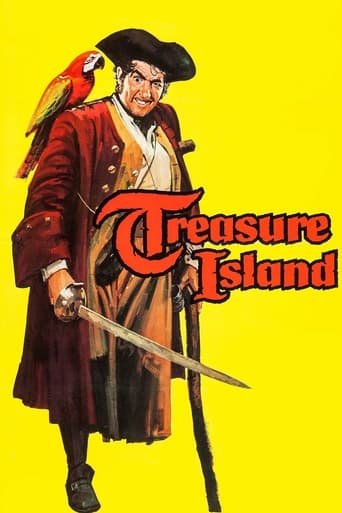Mutiny on the Bounty (1962)

The Bounty leaves Portsmouth in 1787. Its destination: to sail to Tahiti and load bread-fruit. Captain Bligh will do anything to get there as fast as possible, using any means to keep up a strict discipline. When they arrive at Tahiti, it is like a paradise for the crew, something completely different than the living hell aboard the ship. On the way back to England, officer Fletcher Christian becomes the leader of a mutiny.
Watch Trailer
Cast


Similar titles
Reviews
A strong film, and it's surprising that it was panned when it came out in 1962. One of the issues is that it was being compared to the 1935 version with Charles Laughton and Clark Gable; another was that stories of Brando's difficult behavior while filming were followed by filmgoers seeing his unconventional portrayal of Fletcher Christian. Personally, I highly enjoyed it. The film has an epic feel, but even at three hours long, didn't feel padded at all. The cinematography is beautiful, showing a replica Bounty on the ocean, sailing into sunsets or brutally rough seas, as well as the natural beauty of the islands in the south Pacific. The film is loose with the facts, most notably in the treatment of natives and the final outcome on Pitcairn Island, which may put off viewers. It's also a little unbelievable in its depiction of the love Christian had for Princess Maimiti (played by Tarita Teriipaia), but the gist is accurate, and it's a fascinating story.Trevor Howard turns in a fantastic performance as Bligh, and while Brando's foppish and almost effeminate Fletcher Christian had me scratching my head in the beginning, it really grew on me, and he's strong as well. The difference between the two men is clear from the beginning, and I appreciated the film's balanced presentation of them over the first hour or so. Bligh gets the chance to explain that he's driven by duty above all else, and that the crew need to fear the captain and his officers. Christian understands duty, and while he has his personal opinions, is a model of behavior until the actual mutiny. The two of them express their opinions and disdain for one another in deliciously restrained British dialogue.The scenes in Tahiti are gorgeous, and Tarita is stunning. Her hip shaking is mesmerizing, and her smile enchanting. The world these men landed in may seem idealized, but if you read other informed or first-hand accounts (such as Herman Melville's 'Omoo'), it's accurate. Aside from the beauty, the Tahitians were for the most part extremely friendly. The scenes of sailors pursuing women get a little silly, such as when Fletcher Christian is in the bushes with Maimiti when Bligh wanders by, and the rapidity with which Maimiti later picks up English is surprising. Most of all, though, it's unfortunate that the film is stilted towards a white male fantasy, showing delight and frolicking, without showing rape, sexually transmitted diseases, or the devastation to the native culture. The reality was that Tahitians were forced as slaves to go along with Christian and his mutineers when they tried to find a new place to live, not willing adventurers. That's a pretty damning omission.Brando gives us a Fletcher Christian who believes he was morally right to overthrow Bligh, but also knew he no longer had a country as a result. He's a tortured soul from then on, to the point of thinking about returning to England to state his case. That will probably seem odd to the filmgoer, and should - the real Fletcher Christian wanted to do no such thing. It's a shame they took this liberty to set up further dramatic scenes, when the real story itself is so captivating.The film was also of interest to me because as the excellent documentary "Listen To Me Marlon" explains, it marked the point at which Brando started to prioritize enjoying life - realizing that acting, even great acting - was a means, not an end for him. Surrounded by beauty, and in love with his co-star Tarita (who he would marry before the film was released), he felt the same thing that some of the sailors from the Bounty felt - and other such as Gauguin felt - that one could just retire from the world, and live happily in paradise. For film lovers, his approach to his career after "Mutiny on the Bounty" was a real shame, with the exception of a few high points, since he was such an outstanding actor. It wasn't his last great performance, but clearly marked a turning point for him.
Leonard Maltin famously gives this movie a mere two-and-a-half stars (out of four) and says Brando is "all wrong" for the role of Fletcher Christian. Regarding the rating - IMO it's a three-and-a-half star film. Regarding Brando - the idea that he's "all wrong" is a useless comment not worthy of Maltin.What the heck does "all wrong" mean, anyway? "All wrong" seems to suggest that the reviewer (Maltin or one of his team members) knew the real Christian and that Brando isn't like Christian at all. I find it unlikely that Maltin knew the real Christian. No one alive today knew the real Christian. Furthermore, very little is known about the man. Brando in this film creates a fictional Christian (I emphasize "fictional") who seems pretty damn real and convincing to me if viewed as fictional.In any case, this is a Hollywood movie and thus owes limited allegiance to historical fact. The first priority of a Hollywood movie about the past is to entertain people who buy tickets. It's helpful, perhaps, if historical accuracy can be slotted into the affair, but this is not, in my view, a first priority.Perhaps Maltin and his team read a biography of Christian and find Brando radically dissimilar from the portrait of the mutineer presented in the book. I would like to know the name of this book; I rather think that citing a source, in this case, is justified.Is Maltin perhaps saying that Brando is "all wrong" for the role in comparison to Clark Gable's performance 20-plus years earlier? If so, this is truly laughable, for two reasons: (a) Gable's performance is wooden and (b) The world changed from 1939 to 1962; Brando's performance reflects some of this change, as any actor's performance reflects the times he or she lives in.So, yeah, I'm beating up on Maltin a little bit here. I think his review of "Mutiny on the Bounty" lacks foundation and thus is weak. Dislike the movie if you must, Leonard, but give some coherent reasons.Brando is excellent in this movie in my opinion. The entire cast is quite good. The story is bold and dramatic. The score is great and the photography is spectacular.I myself have zero interest in all the problems the production experienced. I am interested in what's on the screen - and what's on the screen is very damn good.
Sorry folks. This movie was a bomb when it first came out and remains so. There is no comparison between Brando and Gable. Brando foppish portrayal of Christian is laughable. So too is his romance with the Tahiti girl. If there was a mutiny and you were on the ship who would you follow, Gable or Brando? Gable is a man's man and quite capable of handling issues on board. He is also one to step aside from if he gets upset at you. In regard to Howard's portrayal of Bligh again it holds no candle to Laughton's. Laughton's portrayal is the one people copy when doing an imitation of Bligh, not Howards. Laughton also seem to have a perverse joy in handling out punishment. This is mentioned in both films but Laughton is better at portraying it. The first Bounty also shows Bligh's trip from the Bounty on the long boat. This gives you some idea of what kind of sailor he was during the ordeal. In the 1962 version one moment they are in the boat the next Bligh is arriving at the Admiralty fresh as a daisy. The Gable/Laughton version was a great film when first made, it is still a great film. 50 years from now it will be so also. In regards to the romance between Brando and the native girl ( excuse me for forgetting her name) I don't know who is prettier, her or Brando.
From the bleakness of the Charles Laughton/Clark Gable effort to Trevor Howard and Marlon Brando, this is a terrific story. Of course, there is documentation that affirms the the events that took place on board the Bounty, the cruelty of Capt. Bligh, and the ultimate despair of the crew. Brando gives us a solid performance as Fletcher Christian exuding a sort of elegance and power at the same time. Initially, he knows his place but soon begins to suspect that Bligh is way out of bounds. The problem is that the British Navy isn't too happy with its sailors turning on a Captain. Trevor Howard senses disrespect on the part of his men and he is ruthless in his treatment. The men end up in Tahiti and when they return, it just is not the same. Soon they must meet king and country.

